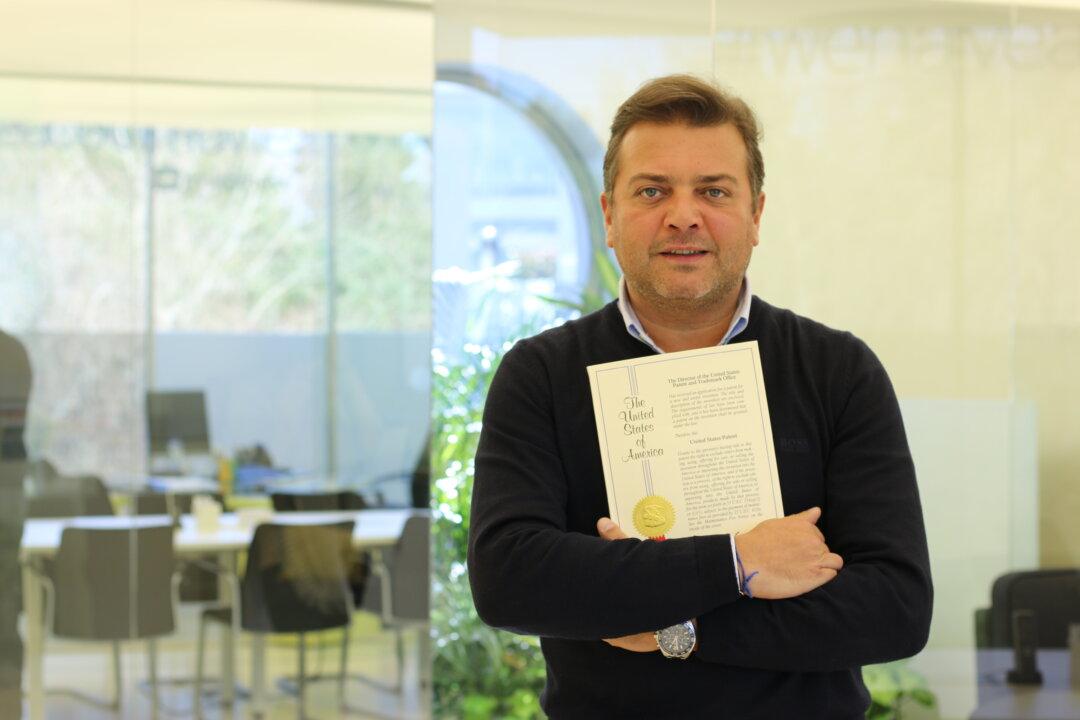A Portuguese entrepreneur claims that Chinese tech giant Huawei stole his 360-degree smartphone-attachable camera invention after he pitched the patent-pending product to the company for licensing five years ago.
The offending product, according to Rui Pedro Oliveira, CEO of multimedia company Imaginew, is Huawei’s smartphone-attachable camera called EnVizion 360 Camera, announced in 2017.





